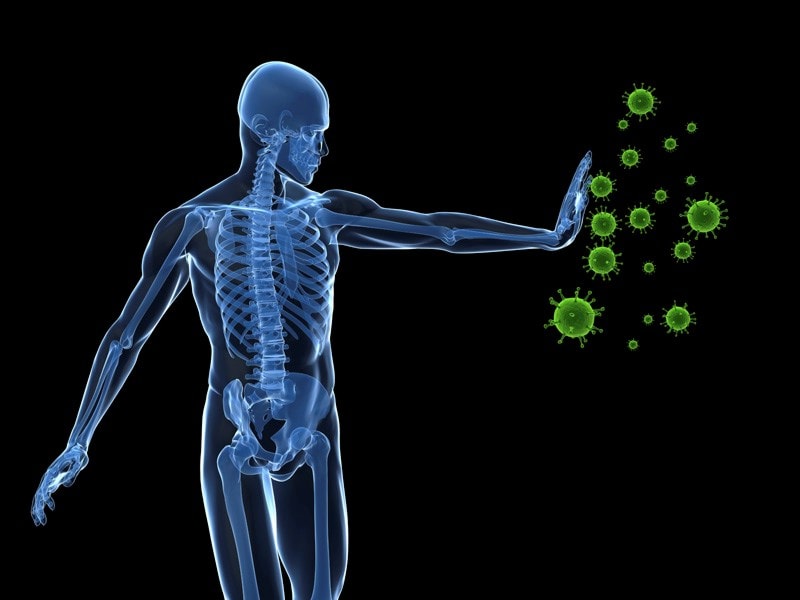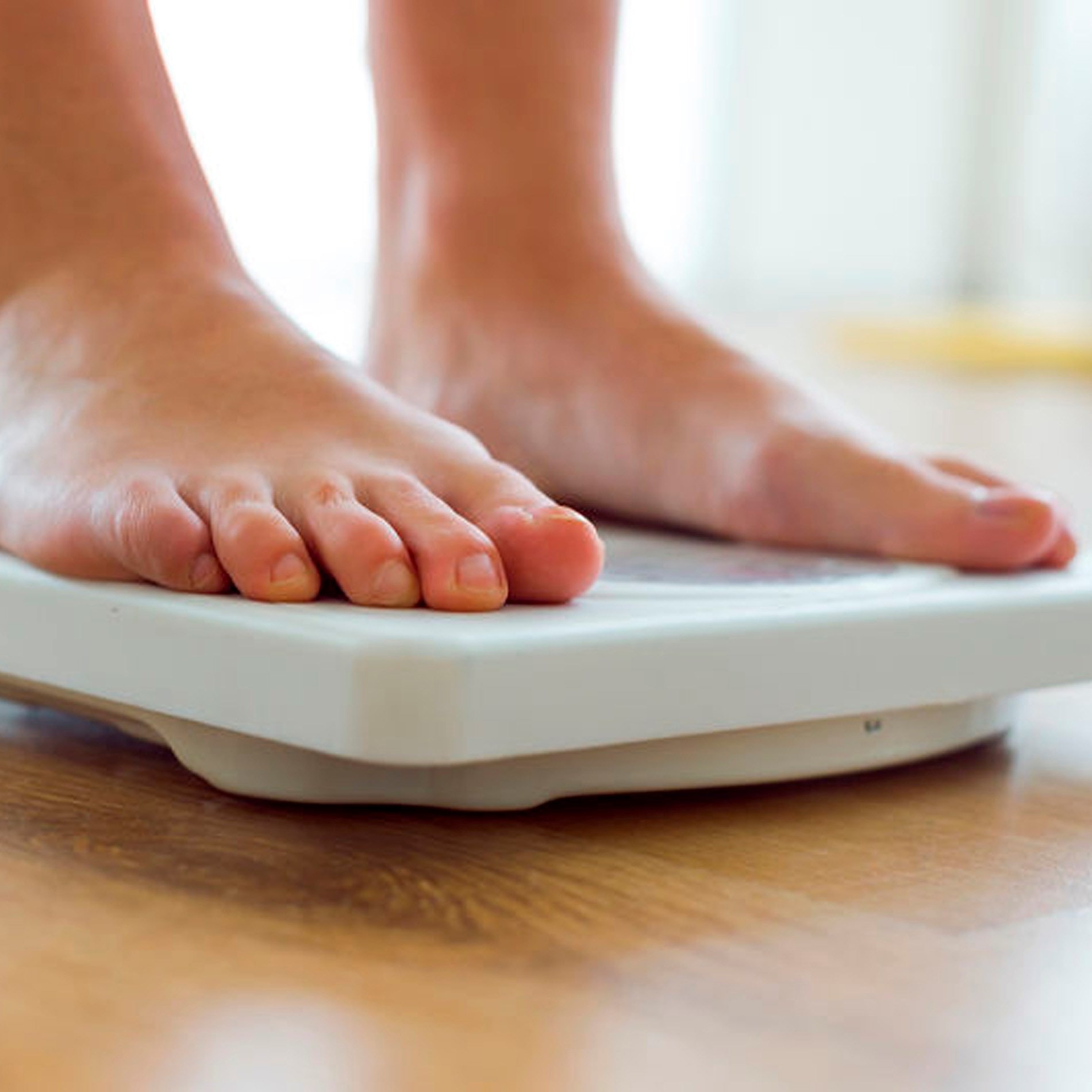Gut Bacteria, Obesity & Mental Health
These are exciting times in the field of probiotic research, with growing global interest in the potential of live cultures to support health. A project known as ‘MyNewGut’, which was funded by the EU and took place over a period of five years culminated in the researchers revealing new findings1 regarding the impact that certain gut bacteria could have on weight and mental state.

It was discovered that specific strains of bacteria, located in the guts of healthy people, could have an effect on their endocrine and immune pathways, and in turn could influence their mental and physical wellbeing. The strains in question were identified as Bacteroides uniformis CECT 7771 and Bifidobacterium pseudocatenulatum CECT 7765. B. uniformis CECT 7771 has been shown in pre-clinical trialling to have notable efficacy against certain metabolic and immune dysfunction instrumental in obesity. More specifically, this strain has been shown to reduce levels of serum triglycerides, glucose intolerance, inflammation and weight gain. The MyNewGut project also found that B. pseudocatenulatum CECT 7765 could aid in the reduction of depressive symptomatic behaviour associated with obesity. A further Bifidobacterium longum strain was found by the MyNewGut partners to have positive effects on perceived stress, quality of sleep and cortisol release.
Elevated cortisol levels are associated with increased weight gain, stress and depression: the stress response occurs in response to a perceived stressor, and in individuals suffering anxiety disorders this response may occur more frequently, as a result of daily worries or problems acting as stress triggers. Also known as the ‘fight-or-flight’ phenomena, the process begins with the amygdala, responding in turn to the stressor. Our autonomic nervous system must switch from resting state (parasympathetic) to physiologically aroused (sympathetic). A signal is sent to the hypothalamus, which stimulates the sympathetic adrenal meduallary (SAM) pathway, and runs to the adrenal medulla and sympathetic nervous system (SNS). The SNS triggers the adrenal medulla to secrete adrenaline and noradrenaline into the bloodstream, and it is adrenaline that causes the physical changes to our body associated with stress, such as perspiration and nausea. Cortisol is then later released as part of the counter-shock response, and when dealing with long-term stress, it is elevated levels of this hormone which are thought to result in weight gain.

Elevated cortisol levels can increase appetite, in particular stimulating a craving for sugary or fatty foods. Cortisol can also cause us to store more visceral fat around the belly2. But this latest research goes further, illustrating that the high-saturated-fat and sugar diets popular in Western culture also have ramifications on the composition of the gut. Such diets contribute not only to obesity, but to mental illness, too, acting through the gut-brain axis. The gut-brain axis is the name given to the way that our gastrointestinal tracts interact with our brain and nervous system. There’s increasing amounts of research3, 4 into this area, and we’ve actually written about it in the past. If you’d like to find out more, you can find our article on the gut-brain axis in the Probiotics Learning Lab.
The project's research is interesting because it highlights the connection between co-morbid obesity and poor mental health, in that the obesity-associated microbiota can influence neurochemical, hormonal and inflammatory changes that occur in the body and underpin obesity. In turn this can also contribute to dysregulation of the hypothalamic-pituitary-adrenal axis (HPA axis) and alterations in the levels of neuroactive metabolites, e.g. neurotransmitters, which may affect mood. This research has provided new insights to improve our knowledge about the interaction between our gut microbiota, metabolism and mood, and although there are still gaps in our understanding, these new findings shed light on areas for further investigation.

The MyNewGut project has conducted lots of fascinating research into many different areas of the gut besides obesity and mental health, and if you’d like to find out more about it you can visit their website - My New Gut.
If you enjoyed this article, you may be interested in the following:
Probiotics may help with mental health, says new study
Study indicates that probiotics reverse generational stress
New study says prebiotics could help to reduce obesity in children
Or find out more about probiotics.
References
- Agusti, A., et al. (2018). 'Interplay Between the Gut-Brain Axis, Obesity and Cognitive Function'. Fronto Neurosci, 12:155
- Chao, A., et al. (2017). 'Stress, cortisol, and other appetite-related hormones: Prospective prediction of 6-month changes in food cravings and weight'. Obesity (Silver Spring); 25(4).
- Carabotti, M., et al. (2015). 'The gut-brain axis: interactions between enteric microbiota, central and enteric nervous systems'. Ann Gastroenterol, 28(2): 203-209.
- Huang, Y., et al. (2018). 'Possible association of Firmicutes in the gut microbiota of patients with major depressive disorder'. Neuropsychiatr Dis Treat, 14:3329-3337.


